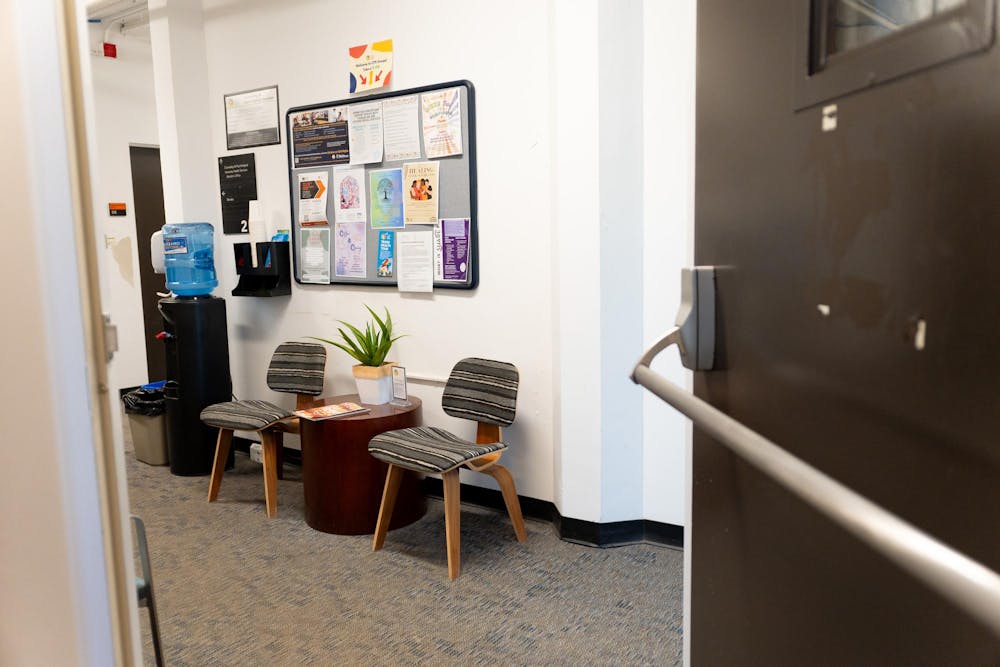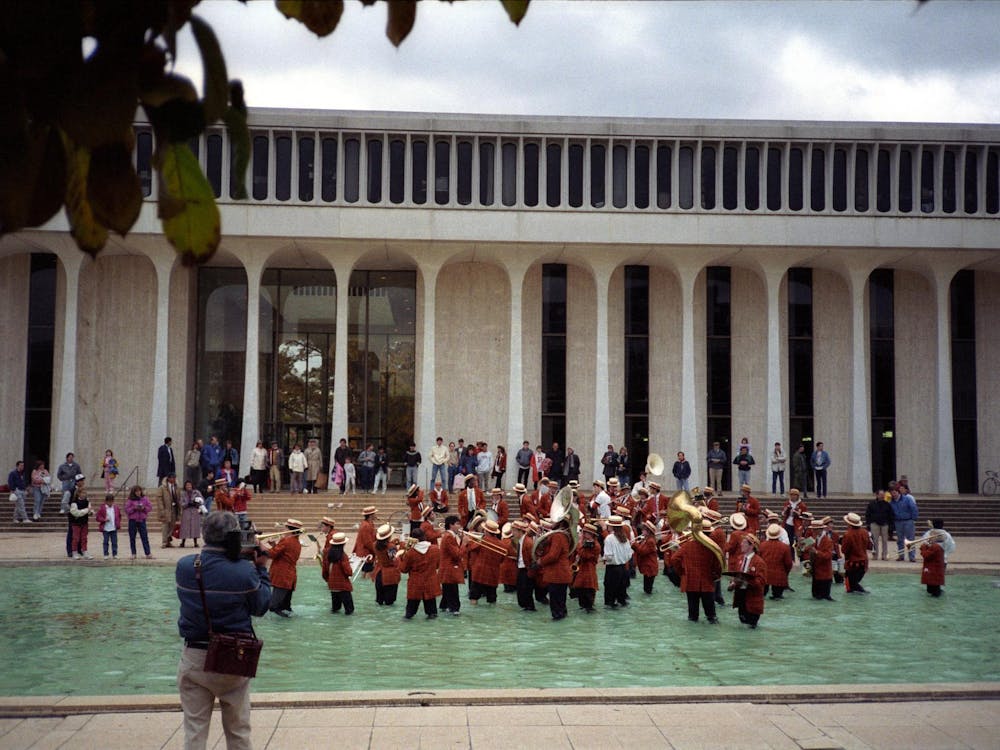“Scheduled to open in 2025, the Frist Health Center will help the University advance a culture of health and well-being on the Princeton campus,” brags Princeton’s announcement of its new health center. While more space devoted to mental health on campus is critical, we also need to dedicate more time to each student who comes in for treatment. Currently, for many students grappling with mental health issues, the brevity and non-continuity of counseling sessions offered — particularly the default of a 20-minute consultation, and the typical treatment at Counseling and Psychological Services (CPS) being “short-term” — falls dramatically short of what is required for genuine understanding and healing.
20-minute consultations, as they currently exist, may not be enough for many students to express their problems or build a bond with their therapist. Opening up to a therapist — a stranger when you meet them — demands courage. Revealing the inner-workings of our minds is no trivial matter, and people may need time to express their thoughts. Short encounters can leave students feeling more like case numbers than individuals with complex inner lives.
The current setup defaults students to biweekly meetings, but there is an option to meet more often. In an email to the ‘Prince,’ University Director of Media Relations Jennifer Morrill said that CPS “typically see[s] students once every two weeks, but will see students more frequently than that depending on clinical needs.” If students cannot easily opt into once-a-week therapy, the two-week default stretches of time between appointments can disrupt the flow of therapy, which can make each session feel like starting anew rather than building on previous discussions. This fragmented approach to care undermines the essence of therapy as a journey of mutual exploration and discovery.
CPS’s current model disregards the amount of time students need to discuss their problems, requiring more than just consultations and two-week stretches between appointments. The well-intentioned but ultimately insufficient drop-in hours must also be revisited: drop-in hours are each thirty minutes with a therapist, which can feel dismissive. Last spring, they implemented one-time hourlong appointments, which is not what students need, either: we need lasting relationships with therapists. It’s understandable that CPS wants to provide stopgap measures like these but these steps can feel like a mere procedural formality rather than a step toward well-being. The difficult truth is that the University has to figure out how to provide the care that we need: sufficient session time and consistent support over at least the course of a whole semester or more.
For that matter, there is also a disconnect in CPS’s view of its role in long-term care. CPS communicates counseling at McCosh being “short-term” and expects students seeking continuous care to be refered out of the University system. This conception can undermine the student-therapist bond for the time that a student is seeing a CPS counselor. Evidence shows that having a trusting relationship with your therapist is significantly correlated with having better therapy sessions and that trust is important to the patient-therapist bond. When you know that your counseling at CPS is intended to be “short-term,” or that you will have to switch therapists soon, it makes it harder to create a bond with your current therapist. The discontinuity undermines the patient-therapist relationship.
What the University is doing on mental health right now is a step in the right direction but still does not address this need for a fuller relationship with therapists. President Eisgruber’s mention of an expanded CPS after the construction of the new health center has sparked a hopeful discourse. But why wait? Students with urgent mental health needs must be able to establish a long-term relationship with their providers. To do so, UHS must build the necessary infrastructure to allow for more regular and consistent sessions. This necessitates hiring more staff in the short term. With a larger team of mental health professionals, CPS can provide more long-term support over the whole semester, allowing students to build deeper relationships with their providers.
Improved mental health assistance is urgent. Each student loss serves as a reminder of the need for a more compassionate and understanding system. Through hiring more staff, the frequency of therapy sessions can be expanded, which is crucial for addressing a range of needs and strengthening the bond between students and therapists. This, in turn, boosts confidence in the effectiveness of CPS. By prioritizing mental health, the University can demonstrate a profound commitment to the well-being of its student body. We must take steps now and lay the groundwork for a future where every student can thrive and feel supported by a culture that values and actively supports their mental health.
Maria Luisa Vieira Parada is a sophomore from São Paulo, Brazil, intending to major in physics. She can be reached at mparada@princeton.edu.








